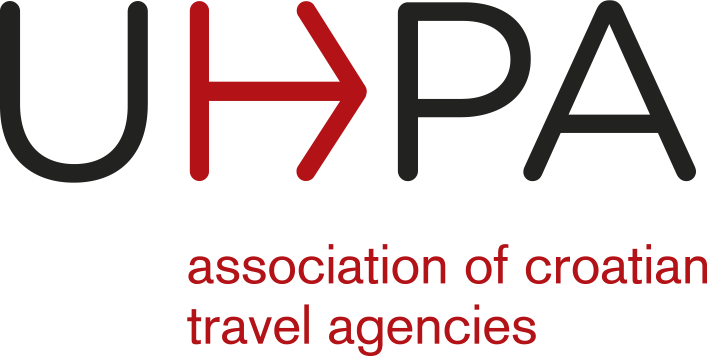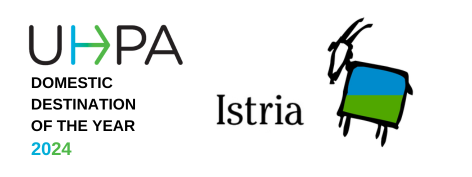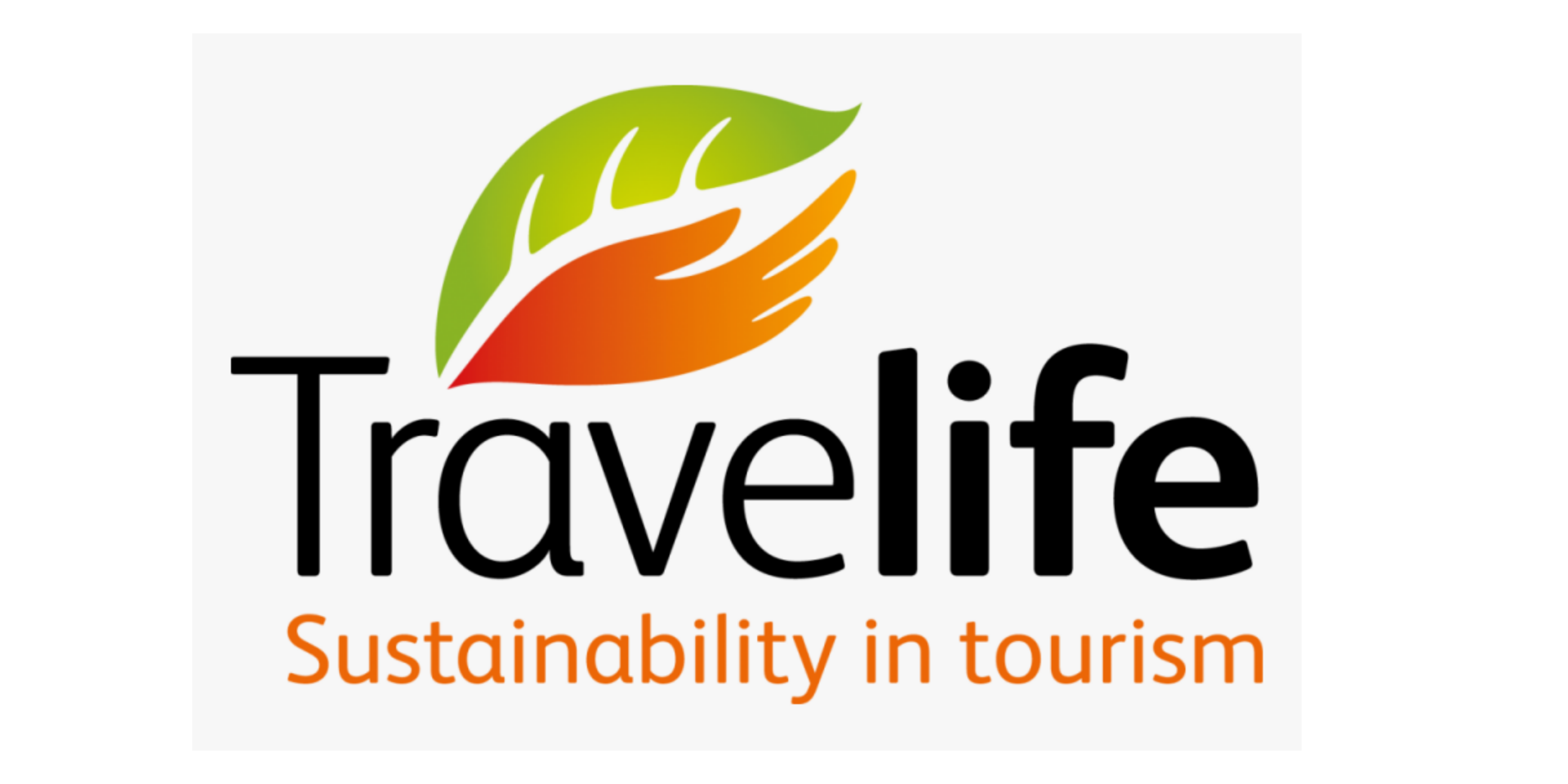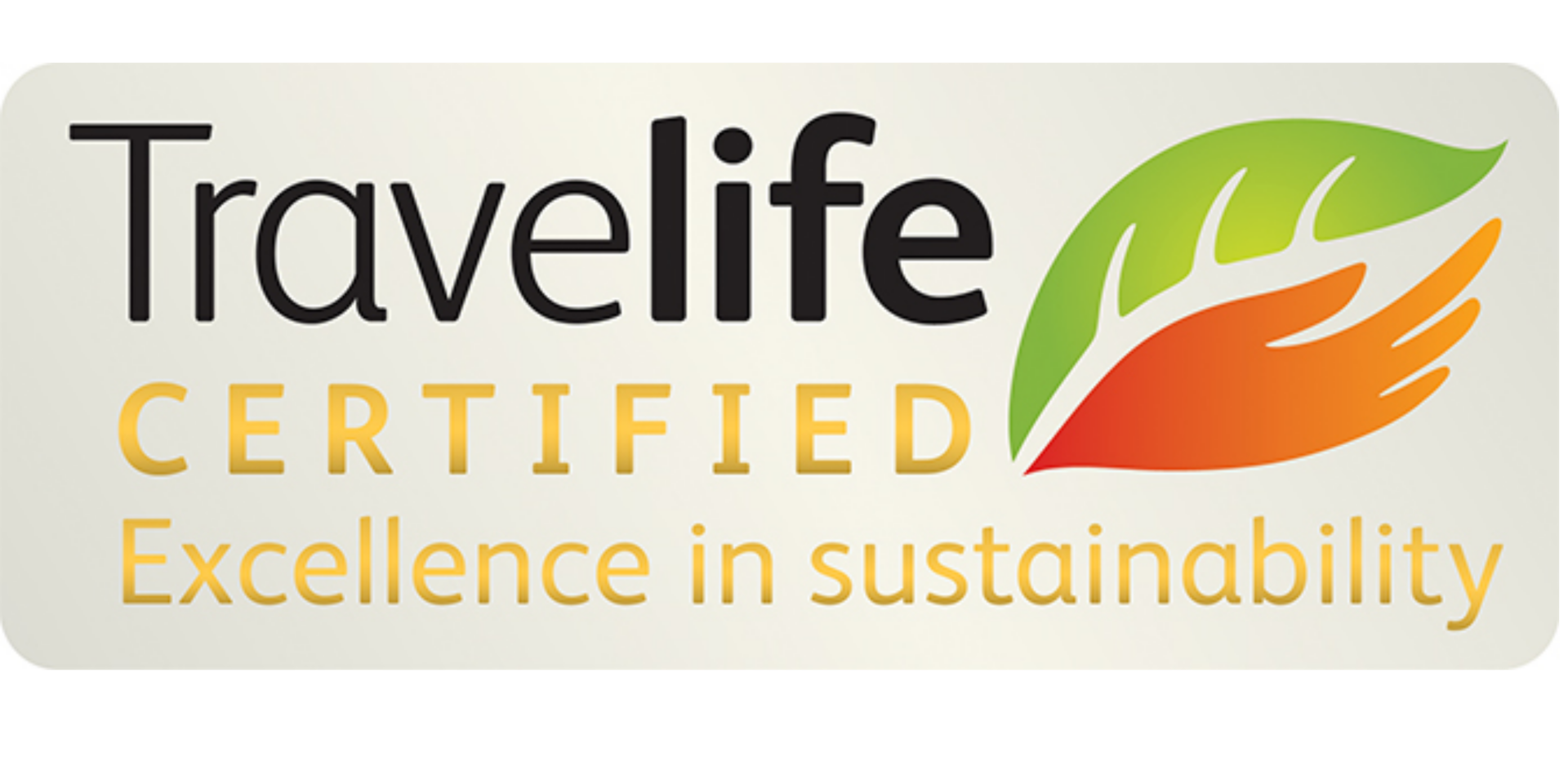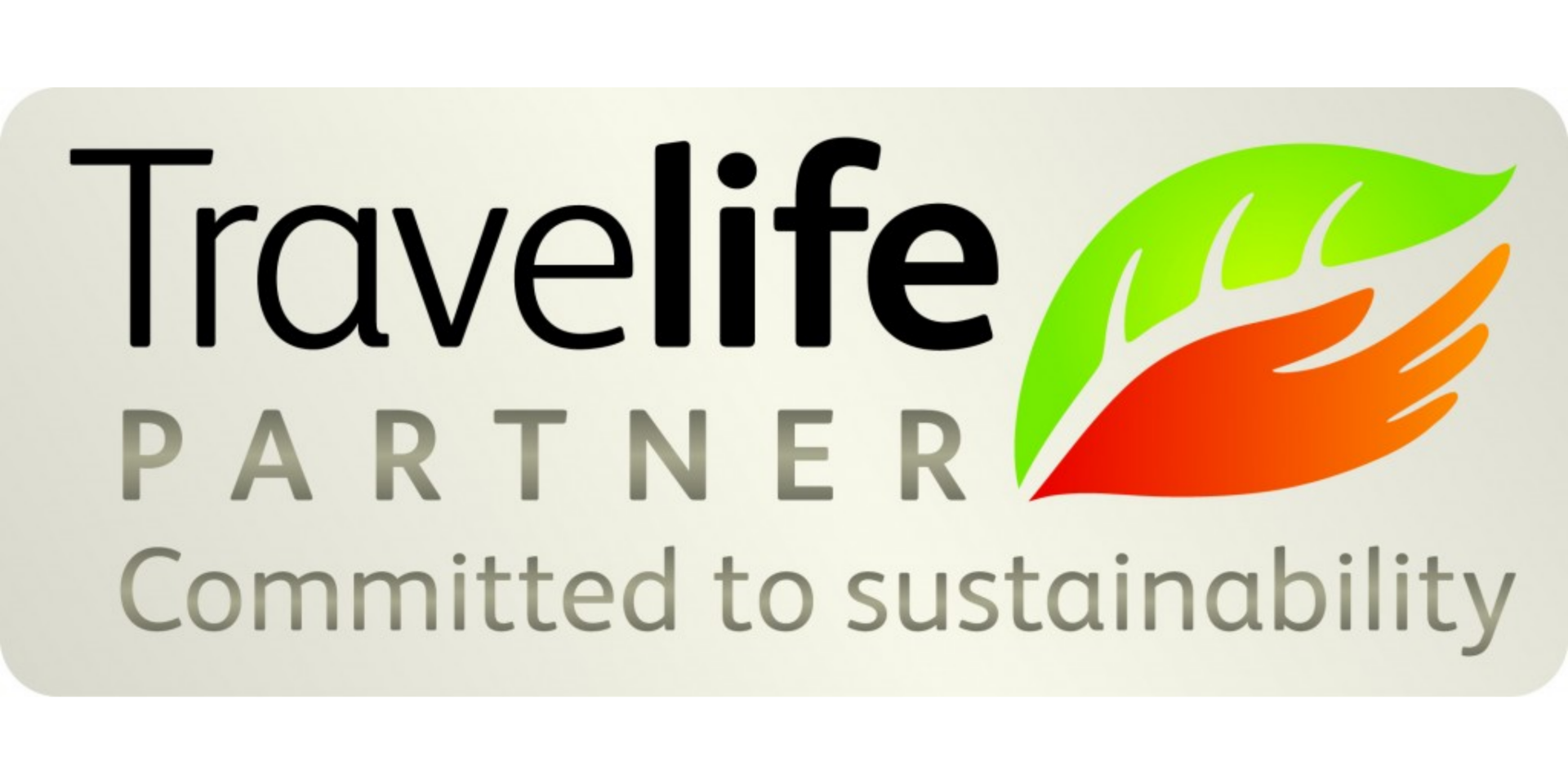ECTAA president Lars Thykier: The special VAT regime risk for travel agencies
UHPA hosted the Second Worldwide Summit of Presidents of Travel Agencies that was held in Zagreb on November 6-8, bringing together more than 120 participants who were discussing the future of travel agencies in the period until 2020 in the light of global changes. President of ECTAA, Lars Thykier, attended the Summit and in the interview for uhpa.hr he talked about issues which travel agencies dealing with at the EU level
UHPA: As the principle objective of ECTAA is to represent and promote the interests of European travel agents and tour operators, what are you doing as an association to help them? Are there any specific goals that you will be focused on as the new President?
Lars Thykier: ECTAA is the main interlocutor of the travel agents and tour operators with European Union institutions, which determine the legislative environment that businesses have to comply with. ECTAA’s aim is to ensure a competitive and sustainable market for travel and tourism. ECTAA follows all legislative and non-legislative measures that have an impact on travel agents and tour operators and discusses with its members those initiatives which have negative effects on the sector; either because they don’t ensure a level-playing field for businesses, or create too excessive and costly legal obligations, or are simply impractical for the businesses we represent. So we consult our members, seek their views and feed this back to the EU decision-makers. We also play an important role in exchanging best practices. Moreover, ECTAA is an important participant in international organisations, such as IATA, UNWTO, ISO, etc.
In my role of President I will of course champion the interests of our members at the European, but also at the international level. I am also keen to look at ways of improving the communication with and among our members and ensure that all members are heard. Specifically, during my Presidency the EU will decide on the content of the revised Package Travel Directive (PTD), which has a huge impact on the travel industry. The PTD will therefore get special attention from me, as will several of IATAs (the Airlines Association) projects such as the NDC and the New Generation ISS-project which are not necessarily benefitting travel agents and tour operators.
UHPA: What are the biggest challenges in the European tourism sector, especially in the field of travel agencies and tour operators business?
Thykier: A recent consultation undertaken by the European Commission on the future of Europe’s tourism indicated that the three main challenges identified by respondents (industry, public organisations, trade unions, NGOs, consumers) are:
1. Seasonality,
2. Tourism related taxation and
3. Difficulty to keep skilled staff.
Market competition is also of great concern for the players in tourism, many respondents highlighting the need to develop new and customised products and raising concerns about increasing competition from non-EU destinations. More specifically, the main challenges for travel agents and tour operators can be summarised as follows:
- Revision of the IATA agency contract and new distribution standard: ECTAA is following closely all the new projects and proposals launched by IATA, including changes in the IATA Agents accreditation programme as well as the IATA NDC (New Distribution Capability) project. In particular we have serious concerns about the ramifications which the IATA-NDC project could have on the agents’ capacity to continue to act as the neutral and impartial advisor to his customers, as well as with respect to the protection of customers’ personal data. IATA intends to fully deploy NDC from 2017; it is unclear however which and how many airlines will join the new distribution capability and travel agents will have to manage two distribution channels in the agencies. IATA's other big project with an effect on our members is the New Gen ISS remittance project, which is also causing some concern at this stage.
- In terms of EU legislative initiatives, the revision of the Package Travel Directive is certainly the most important topic for ECTAA. The European Parliament adopted a report in April 2014, and the EU Council is working on the adoption of a common position. We hope that the Council will adopt a text that aims to preserve the competitiveness of the European travel trade in particular vis-à-vis operators from third countries which are selling more and more to European visitors. It is also very important to maintain a consistent level playing field between all distribution channels, notably between traditional travel agents and tour operators, the online operators and the suppliers (airlines) selling directly. Concerning the timetable, the Italian Presidency of the EU Council tries to reach a common position by the end of this year. Even if the Presidency manages to achieve this goal, the EU Council and the EU Parliament will then need to find an agreement on a common text. Therefore, it is unlikely that we will see a final text published before mid-2015 at the earliest, with an entry into force by mid-2017.
- Equally important is the revision of the air passenger rights legislation. ECTAA is calling for the adoption of a balanced approach, which ensures that passengers can make effective use of their rights while legislators avoid introducing obligations that put disproportionate cost on the airline industry. As part of the revision, ECTAA strongly insists that it should include an introduction of passenger protection against airline failures in the air passenger rights framework. Since 2000 more than 105 European air carriers have gone bankrupt, leaving thousands of passengers stranded or without any efficient recourse against the airline to recover their money. We need to change that and the only way to do so is through EU-legislation.
- The Insurance Mediation Directive is also under revision. ECTAA is trying to convince the Member States that the existing exemption for travel agents selling travel insurance should be maintained in the Directive. If the exemption is suppressed as originally proposed by the European Commission travel agents will not be able to sell travel insurance anymore as they would need to comply with obligations set by the Directive for insurance brokers, which are too rigid and burdensome for travel agents. This is clearly not to the advantage of customers who would need to purchase travel insurances separately.
- The Regulation on the European code on visas is also currently under revision. ECTAA has lobbied strongly in favour of making the Schengen visa application procedure simpler and more consumer friendly in order to increase the number of third country visitors to Europe. Discussions are taking place in Council and will start soon in the European Parliament. ECTAA regrets that a number of Member States still continue to see the visa code only as an instrument to fight terrorism and illegal immigration rather than an instrument that can help promote legitimate travellers to come visit Europe. A recent study undertaken by the Commission has shown that in 2012 a total of 6.6 million potential travellers from six target markets were deterred from visiting Europe due to the Schengen area visa regime.
- Following a ruling of the European Court of Justice concerning the special VAT regime for travel agents, ECTAA is now engaging with the European Commission in order to seek a revision of this special scheme. If the special scheme is not revised, then there is a risk that travel agents will seek business models to avoid falling in the scheme or worse, relocate outside the EU to completely escape EU VAT.
- There are several other important issues which ECTAA is dealing with at the EU level, notably the recent EU green paper on safety in accommodation, the development of the sharing economy (Airbnb – Uber, etc.), multimodality in rail transport, the revision of the EU legislative framework on personal data protection,etc.
UHPA: In general, how do you see tourism to European destination this year? What is the forecast for 2015?
Thykier: ECTAA does not collect statistics from its Members, but according to publications / reports from the European Travel Commission, UNWTO, WTTC, global tourist numbers have continued to grow in the first half of 2014 and it seems that the sector is reaping the benefits of a world economy slowly edging out of the recession. According to UNWTO, Europe registered a 5% increase in international tourist arrivals in the first half of 2014. The most visited region in the world continued the strong pace of growth of 2013, driven so far this year by Northern Europe (+8%) and Southern Mediterranean Europe (+7%). These results reflect improved consumer confidence in Europe and the rebound of important traditional European source markets.
The forecast for 2015 is difficult to predict as this will depend on many external factors. The development of the Ebola disease outbreak, the political and economic situation in Russia, which is an important tourism source market for Europe, political instability created by ISIS militants and possible terrorist threats to European citizens in many parts of the world, etc. In light of the travel advice or security warnings issued by a number of European countries to their citizens, we may see more Europeans travelling within Europe. But Europe may also see a drop in international visitors.
UHPA: Where are the new opportunities for travel agencies and tour operators and how they could contribute to the successful development of European tourism and promotion of Europe as a unique tourism destination?
Thykier: As mentioned above, the European Commission has undertaken a consultation on the future of Europe’s tourism and one of the questions raised was the opportunities present that could help overcome the aforementioned challenges. Respondents (industry, public organisations, trade unions, NGOs, consumers) suggested that opportunities lie in the increased use of IT developments (e-commerce), repositioning on the senior, family, domestic markets and on tourists from non-EU developed countries (Japan) and emerging economies (China, Brazil, India, Russia). Moreover, the respondents consider that the best way of making use of these opportunities is by developing new products and services, increasing the quality of existing ones, improving the website's content and its efficiency together with developing new marketing approaches (eg. social networks).
One specific opportunity for travel agents and tour operators as well as for many smaller tourism providers is to use the TOURISMLink standard (more below).
UHPA: Can you tell us more about TOURISMlink project. It’s been 2 years since its launch. What are the main accomplishments and what we can expect in the near future?
Thykier: Since 2012, ECTAA has been leading the Consortium which managed the TOURISMLINK project funded by the European Commission. The project has now been successfully completed in July 2014. TOURISMLINK has developed a common European framework based on standards that establish interoperability principles among all stakeholders in the tourism sector (hotels, accommodation establishments, travel agencies and tour operators, tourism destination portals, restaurants etc.) and provides connection to the main distribution channels and operators, allowing seamless B2B integration and exchange of information.
The TOURISMLINK project has allowed establishing an XML communication standard and interoperability framework as well as a B2B portal which will allow direct B2B transactions between suppliers in the destination countries and distributors in the source markets.
The Croatian association “UHPA”, together with several other ECTAA members, has been playing a key role in participating in the pilots that involved three destinations and nine source markets.
ECTAA and the other Consortium partners are now cooperating with the European Commission in order to facilitate dissemination of the standard and its adoption.
UHPA: 2nd Worldwide Summit of Presidents of Travel Agencies Associations in Zagreb was focused on some of the key topics in tourism from the perspective of travel agencies, like freedom of travel, tourism & travel distribution, sustainable tourism, the future of air transportation, etc. Do you think this international forum will contribute to a better understanding of the problems that travel agencies and tour operators are facing today? Will it help in sorting out issues that impact our industry globally?
Thykier: I consider this summit to be a very useful exchange of views and information. Travel and tourism is by nature global. The vast majority of travel and tourism providers work in a global market, not on a domestic market (unless incoming operators). That is why it is so important to know what is happening all around the world in the trade; what are the most important developments and trends, the technological advancements, the changes in the distribution, the new actors on the market, etc. Some issues to be discussed may be more relevant in some markets and less in others, due to the legislative environment, different market forces, consumer behavior and expectations, etc. But there are many global challenges that travel agents face all over the world and it is good to have the opportunity to discuss them among peers.(dk,nl,np)

